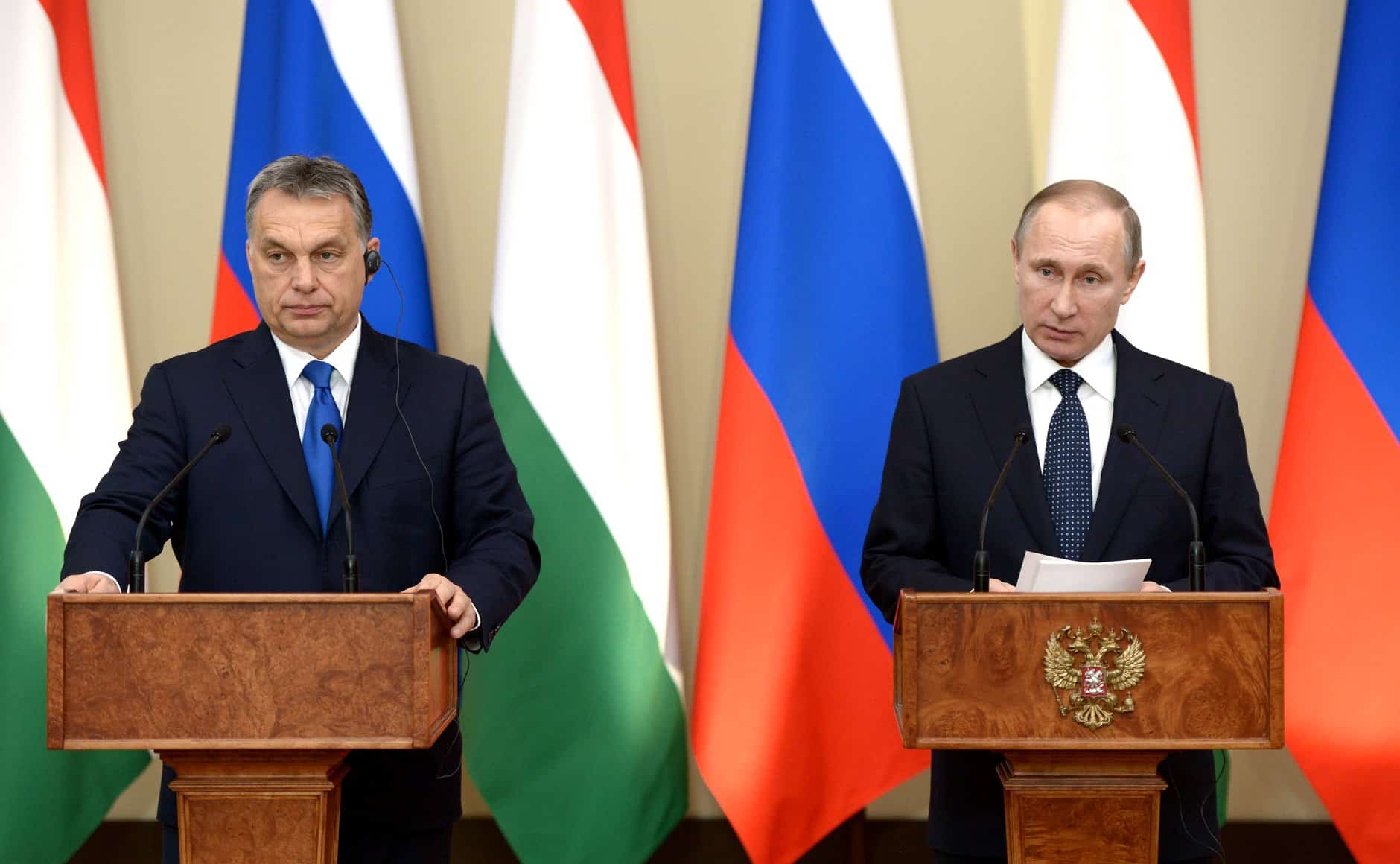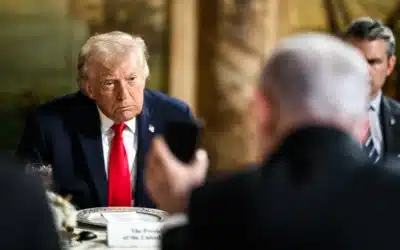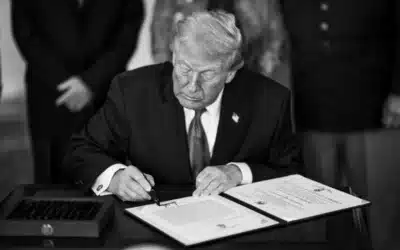The Hungarian government announced it will seek to prevent a vote on the European Union’s participation in a $50 billion Group of Seven (G7) loan to Ukraine. The G7 will use frozen Russian funds to pay off the loans.
Finance Minister Mihaly Varga explained that Budapest wants the issue decided within the EU after the US election. “We believe that this issue, the prolongation of the Russian sanctions, should be decided after the US elections. We have to see in which direction the future US administration is going with this issue,” he said.
The $50 billion loan is a scheme devised by Washington and its allies in the G7 to give Ukraine a significant influx of cash without it coming directly from a Western government. The terms of the loan call for Ukraine to receive $50 billion, and then G7 countries that freeze a collective $200 billion in frozen Russian funds will use the interest generated to pay off the loan.
However, Moscow’s money is frozen as part of the EU’s sanctions on Russia. Those sanctions are renewed every six months, and the loans will take several years to pay off. The White House has refused to sign off on the loan until the EU extends the duration of the sanctions on Russia for at least three years.
Earlier this month, Western officials said they believed the loan could be approved sometime in October, meaning Kiev would have access to the funds by the end of the year. Budapest’s block will push the loan back at least a week.
It is unclear what Hungarian Prime Minister Viktor Orbán hopes will change by delaying the loan for a few weeks. Orbán has attempted to create the conditions for Russia and Ukraine to come to the negotiation table with little success. The Hungarian leader has spoken with former President Donald Trump and believes he may attempt to end the conflict between Msocwo and Kiev if he returns to office.
Orbán expectations that Trump will try to end the war may be misplaced. As president, Trump significantly increased Washington’s support for Kiev by sending military aid to Ukraine. Additionally, earlier this year, Trump was crucial in breaking the Congressional impasse over the $95 billion foreign military aid bill that authorized over $60 billion for Ukraine.

































